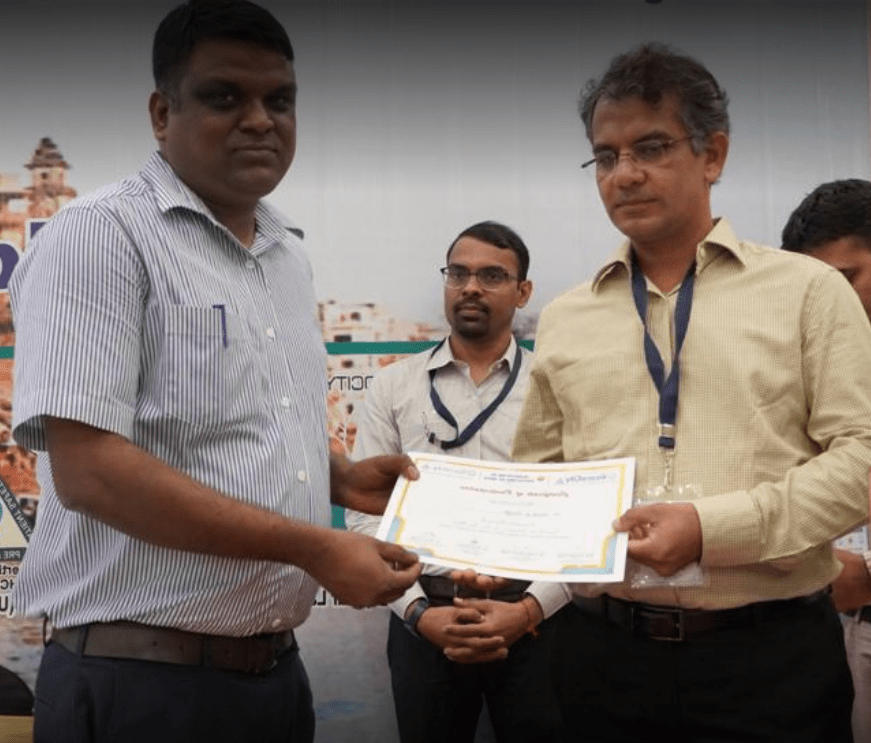Mental illness affects millions of people worldwide, yet it remains one of the most misunderstood and stigmatized health issues. Despite increasing awareness, numerous misconceptions about mental health persist, leading to stigma, discrimination, and barriers to treatment. In this blog, we’ll debunk common myths about mental illness and shed light on the truth behind these misconceptions.
Myth: Mental health problems are not that common
– Fact: Mental health problems are more prevalent than you might think. According to the World Health Organization (WHO), one in four people worldwide will experience a mental health condition at some point in their lives.
Myth: Children and teens don’t have mental seekness
– Fact: Mental health issues can affect individuals of all ages, including children and adolescents. Conditions like anxiety disorders, depression, and attention-deficit/hyperactivity disorder (ADHD) can manifest early in life and require proper diagnosis and treatment.
Myth: People with mental health issues are violent or dangerous
– Fact: The majority of people with mental health conditions are not violent. In fact, individuals with mental illness are more likely to be victims of violence than perpetrators. Mental health conditions should not be equated with dangerousness, as most individuals pose no threat to others.
Myth: Mental health problems are a sign of weakness
– Fact: Mental health problems are not a sign of weakness but rather a medical condition that requires treatment and support. Just like physical illnesses, mental health conditions can affect anyone, regardless of strength or character.
Myth: When someone develops a mental seekness, they will have it for the rest of their lives. They will never recover.
– Fact: With proper treatment and support, many people with mental health conditions can recover and lead fulfilling lives. Recovery is a journey, and it looks different for everyone. With the right interventions, including therapy, medication, and lifestyle changes, individuals can achieve significant improvements in their mental health.
Myth: Therapy is a waste of time.
– Fact: Therapy, also known as counseling or psychotherapy, is a valuable and effective treatment for mental health conditions. It provides individuals with a safe space to explore their thoughts, feelings, and behaviors, and learn coping strategies to manage their symptoms.
Myth: There’s nothing I can do to help someone with a mental health problem.
– Fact: Supporting someone with a mental health problem can make a significant difference in their recovery journey. Listening without judgment, offering encouragement, and helping them access professional support are all meaningful ways to provide assistance.
Myth: You can’t prevent mental illness.
– Fact: While not all mental health conditions can be prevented, there are steps individuals can take to reduce their risk. This includes maintaining a healthy lifestyle, managing stress, seeking social support, and accessing mental health resources when needed.
Things to Consider
– Educate yourself about mental health to combat stigma and misinformation.
– Practice self-care and prioritize your own mental well-being.
– Be supportive and nonjudgmental towards those struggling with mental health issues.
– Advocate for policies and resources that promote mental health awareness and accessibility to treatment.
Questions to Ask Your Doctor
– What are the signs and symptoms of common mental health conditions?
– What treatment options are available for managing mental health problems?
– How can I support a loved one who is experiencing mental health challenges?
– Are there any lifestyle changes I can make to improve my mental well-being?
Conclusion
Debunking common misconceptions about mental illness is crucial for promoting understanding, empathy, and access to treatment. By challenging stigma and spreading accurate information, we can create a more supportive environment for individuals living with mental health conditions. If you or someone you know is struggling with mental health issues, don’t hesitate to seek help from neurosurgeon Dr. Nand Ji at Georgian Superspeciality Hospital. Contact us at 7991508183 or info@gshri.com for expert guidance and support. Your mental health matters, and help is available.


